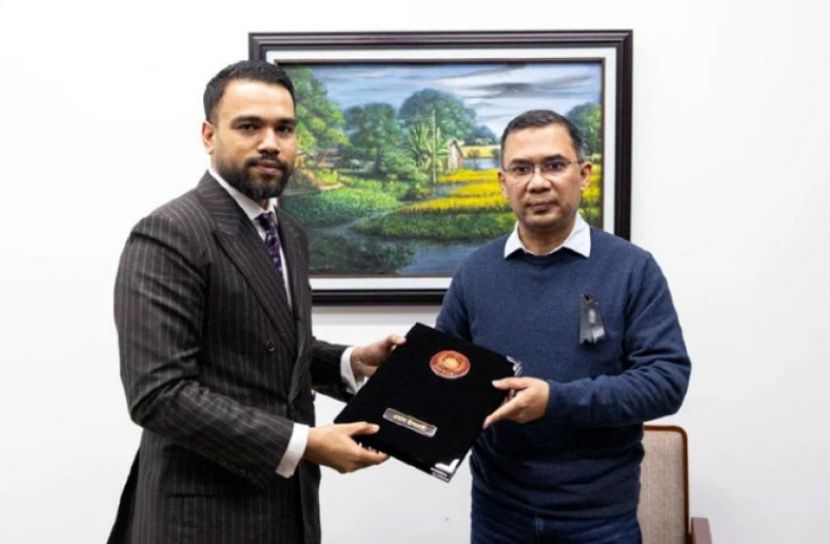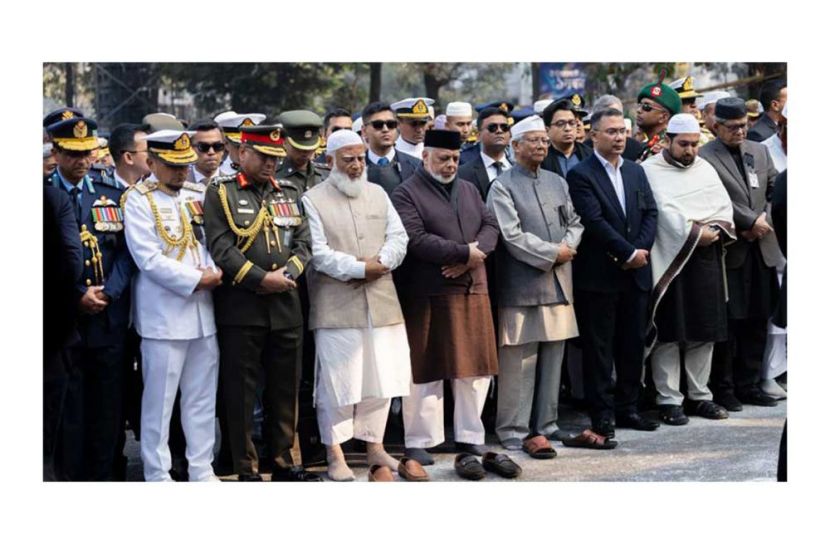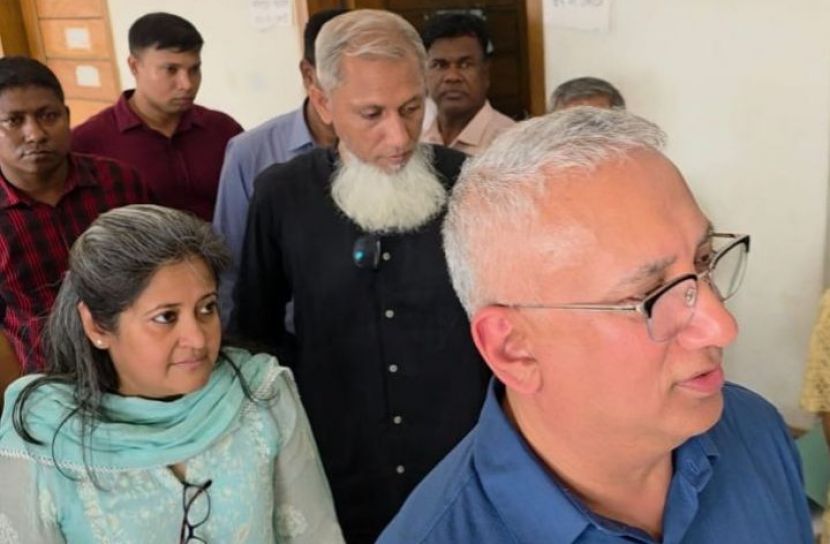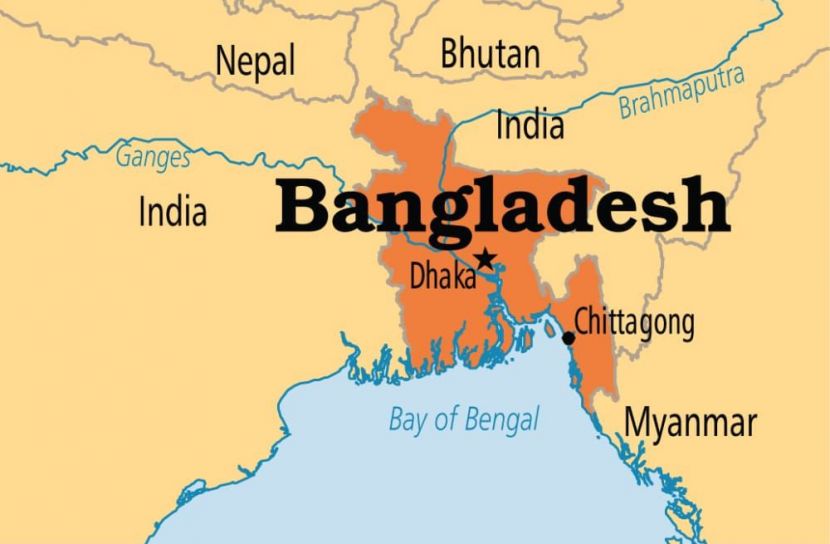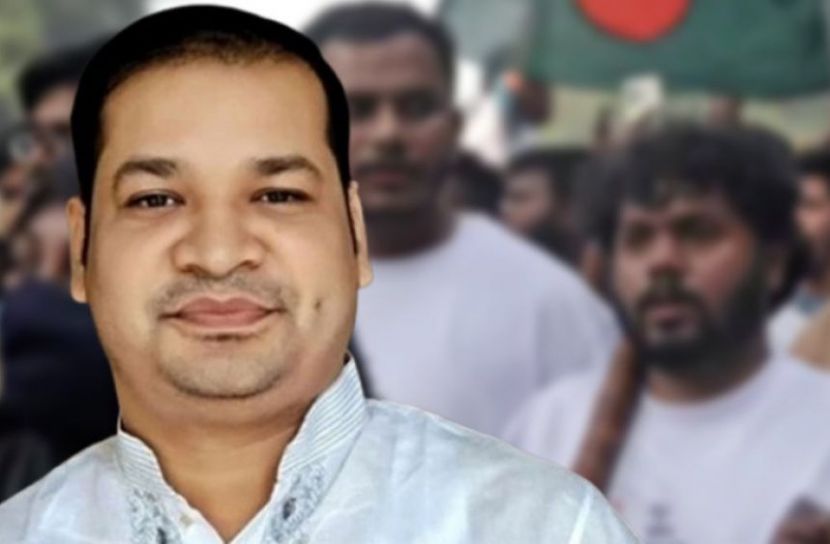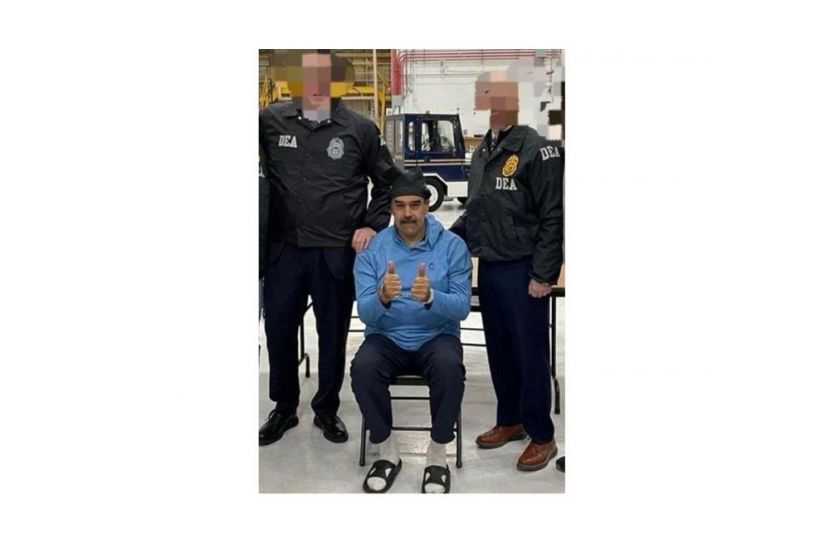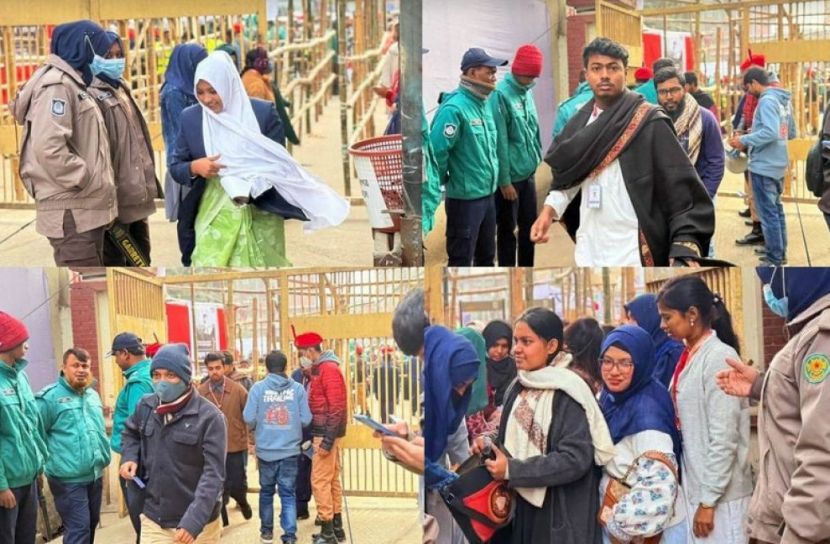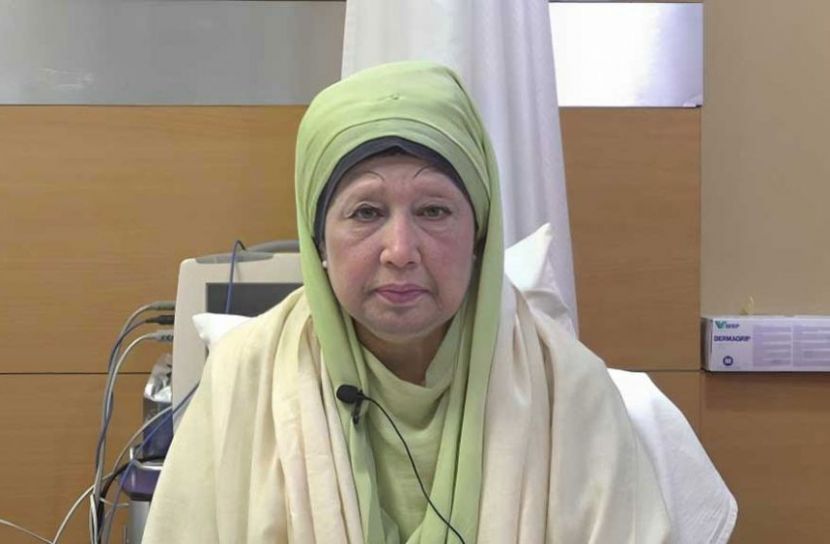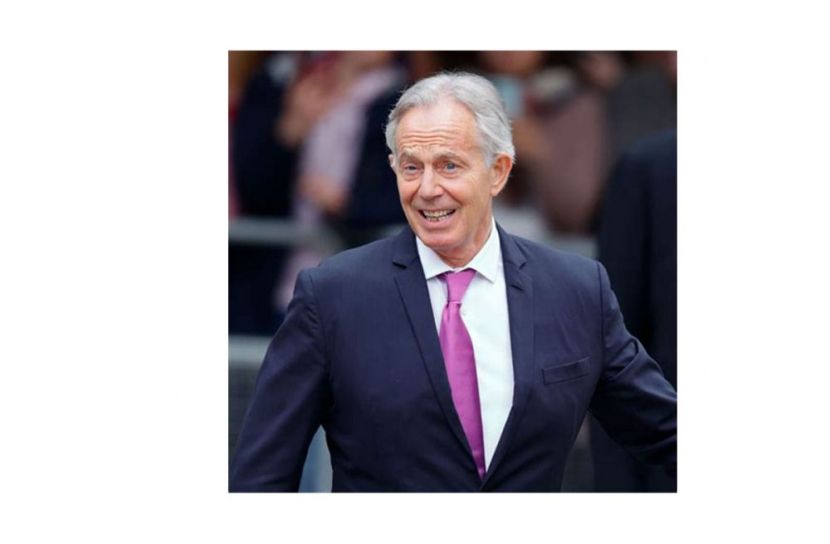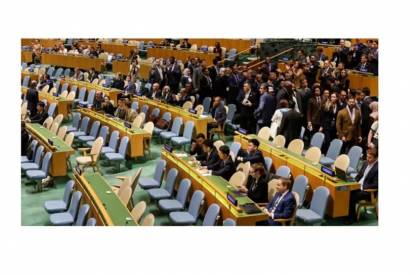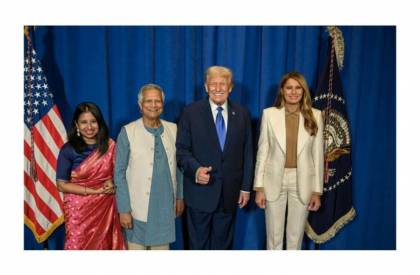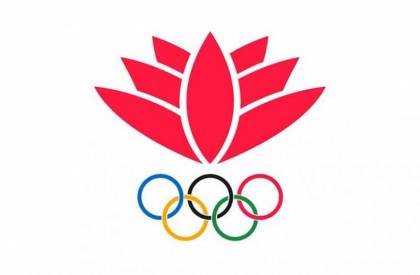Bangladesh Observer: Former British Prime Minister Tony Blair has re-emerged as a central figure in Middle East diplomacy, taking on a proposed leadership role in a US-backed plan to oversee Gaza’s post-war recovery and governance following the ongoing Israel-Hamas conflict.
Under the proposal announced by President Donald Trump and Israeli Prime Minister Benjamin Netanyahu after a meeting in Washington, an international body would manage Gaza’s administration and reconstruction. It includes plans for an international security force and a “Board of Peace” co-chaired by Trump and Blair.
Blair is no stranger to the region. From 2007 to 2015, he served as the Middle East envoy for the “Quartet” — made up of the US, EU, UN, and Russia — but left the post with few tangible achievements, as peace efforts repeatedly stalled. His return, amid renewed calls for a lasting solution in Gaza, has drawn mixed reactions.
Legacy of Iraq still lingers
Blair’s experience in international diplomacy is seen by some as a strength — and by others as a liability. As UK prime minister, he supported the 2003 US-led invasion of Iraq, a decision widely condemned in the UK and abroad. A public inquiry later found that the war was based on flawed intelligence and launched before all peaceful options had been exhausted.
Though not deemed illegal, the war deeply damaged Blair’s reputation, particularly in the Middle East. His name remains closely associated with the Iraq conflict, which claimed hundreds of thousands of lives and destabilized the region.
In Gaza, some Palestinians greeted the news of Blair’s involvement with frustration and distrust.
“Blair is rejected by the people,” said Hussein Dhaher, a displaced resident from Beit Hanoun. “He only brings ruin and destruction.”
Umm Mohammed, a history teacher sheltering in Gaza City, said Blair’s record in the region disqualified him from leading reconstruction efforts: “This man is hated in the region because of his role in destroying Iraq... he won’t bring anything good to us Palestinians.”
A second chance?
Despite criticism, Blair has continued to engage in behind-the-scenes diplomacy. In recent months, he has taken part in high-level talks with the US and other international partners to shape post-war plans for Gaza. In a statement, he called Trump’s proposal “bold and intelligent,” describing it as the “best chance” to end the war — though he did not comment on his potential role.
Back in the UK, his potential re-entry into Mideast peace efforts has reignited debate over his legacy. Health Secretary Wes Streeting acknowledged that Blair’s role in Iraq remains a major source of division but pointed to his key role in securing the 1998 Good Friday Agreement in Northern Ireland as proof of his peacemaking credentials.
Prime Minister Keir Starmer welcomed the peace initiative but did not mention Blair by name.
Michael Stephens of the Royal United Services Institute said assigning Blair a role in Gaza “has rings of 2003 about it,” making some observers uneasy. “But if it brings ceasefire it may not be the worst option,” he added.
Hamas, which governs Gaza, said it would review the proposal with other Palestinian factions before issuing a response.
Courtcy: Bangladesh Observer
PT/rz


